If you’re going through menopause, which most women undergo between the ages of 47 and 55, you may have noticed a pronounced decline in your hormone levels. Just like hormonal changes during pregnancy has an affect on your mouth, so can the hormonal changes during menopause. During menopause these changes may lead to a range of oral health effects including inflamed gums, burning sensations, altered taste sensations and dry mouth.
Dry mouth (officially called xerostomia) occurs when you don’t have enough saliva in your mouth which naturally makes eating and swallowing difficult, as well as increasing your risk of tooth decay (especially in the hard to reach places between teeth and under fillings or crowns) and acid erosion. Saliva is the body’s primary defence against decay, buffering the acid attack that follows every meal, and keeping the germs that cause decay in check.
Menopause also comes at a time where you may be treated with prescribed or over-the-counter medications for other health related concerns. Many common medications have the unfortunate side effect of decreasing the saliva flow and creating a dry mouth. Some of the medications that can either directly cause a dry mouth are:
- Anti-allergy medications
- Some asthma medications
- Some cough and cold medications
- Some cardiovascular medications
- Some antidepressants and antipsychotics
- Sedatives
- Central acting analgesics e.g. codeine
Fortunately, a dry mouth and potential consequences can usually be managed. Your Medland Dentist or Hygienist can help you with a tailored strategy to ensure that your mouth is comfortable and your teeth, fillings and crowns protected. However, some suggestions may be:
- Chewing sugar-free chewing gum
- Increasing hydration through increased water intake
- Decreasing caffeine intake
- Dry mouth products like Biotene™
- Preventive products like Tooth Mousse™ or high fluoride toothpaste



